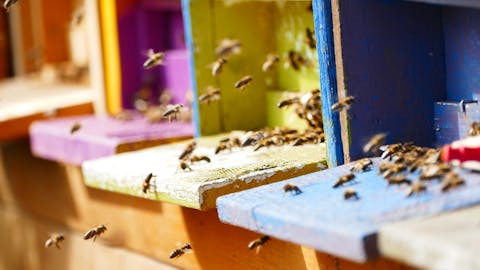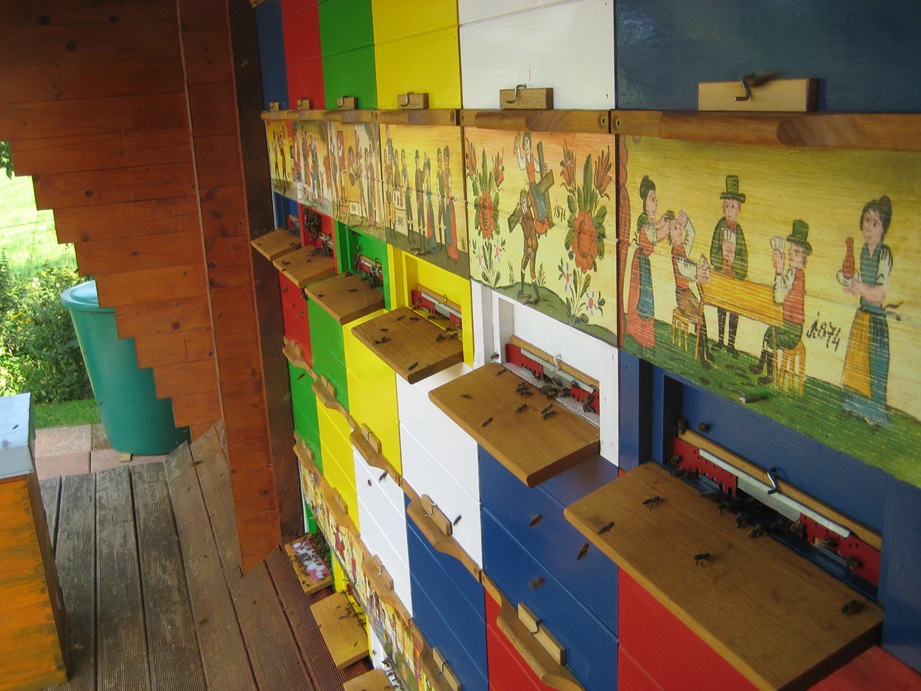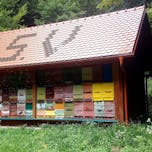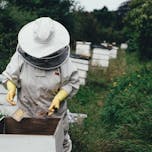
Lovrenc na Pohorju Municipality
Beekeeping in Štajerska
Beekeeping in Štajerska
Beekeeping in Štajerska has a long and rich tradition, as this region is known for its favorable climate and diverse plant life, which offer excellent conditions for apiculture. Štajerska is one of the important Slovenian regions for beekeeping, where bees have been part of agricultural practice and culture for centuries.
History of Beekeeping in Štajerska
Beekeeping in Štajerka dates back to ancient times, when people first began to realize the importance of bees for pollination of plants and for honey production. Traditional beekeeping was initially connected with natural hives and the gathering of wild honey, but later more organized forms of beekeeping developed with the use of beehives. In the 18th and 19th centuries, beekeeping flourished significantly, also due to the development of apicultural methods and the spread of knowledge among beekeepers.

The Importance of Beekeeping
Beekeeping in Štajerska has great economic and ecological importance. Bees are essential for the pollination of many agricultural plants, which directly affects crops and biodiversity. In addition to honey, beekeepers also produce other bee products such as wax, propolis, royal jelly, and pollen, which have both nutritional and medicinal value.
Bee Products and Types of Honey
Štajerska is known for the diversity of honey produced by its beekeepers. The most common types of honey include flower honey, acacia honey, chestnut honey, linden honey, and forest honey. Each variety has its own characteristics in terms of taste, color, and nutritional value, depending on the types of plants pollinated by the bees.



Education and Organization
In Štajerska, numerous beekeeping associations operate, focusing on education and connecting beekeepers. These associations organize workshops, lectures, and courses where beekeepers can learn about new beekeeping techniques, bee health care, and legislation. Research in the field of beekeeping is also carried out, helping to improve practices and address problems such as bee diseases and the impacts of climate change.
Challenges and the Future of Beekeeping
Beekeepers in Štajerska face numerous challenges, including climate change, the use of pesticides, diseases, and parasites such as varroa. Despite these challenges, beekeeping remains an important activity that continues to develop through the use of modern technologies and approaches. Preserving and promoting beekeeping is crucial for ensuring sustainable agricultural production and maintaining natural balance. With modern approaches, education, and mutual cooperation, beekeepers successfully preserve this important activity, which contributes to ecological balance and economic development. Efforts to protect bees and improve beekeeping practices are essential for the future of beekeeping not only in Štajerska, but also more broadly in Slovenia and worldwide.